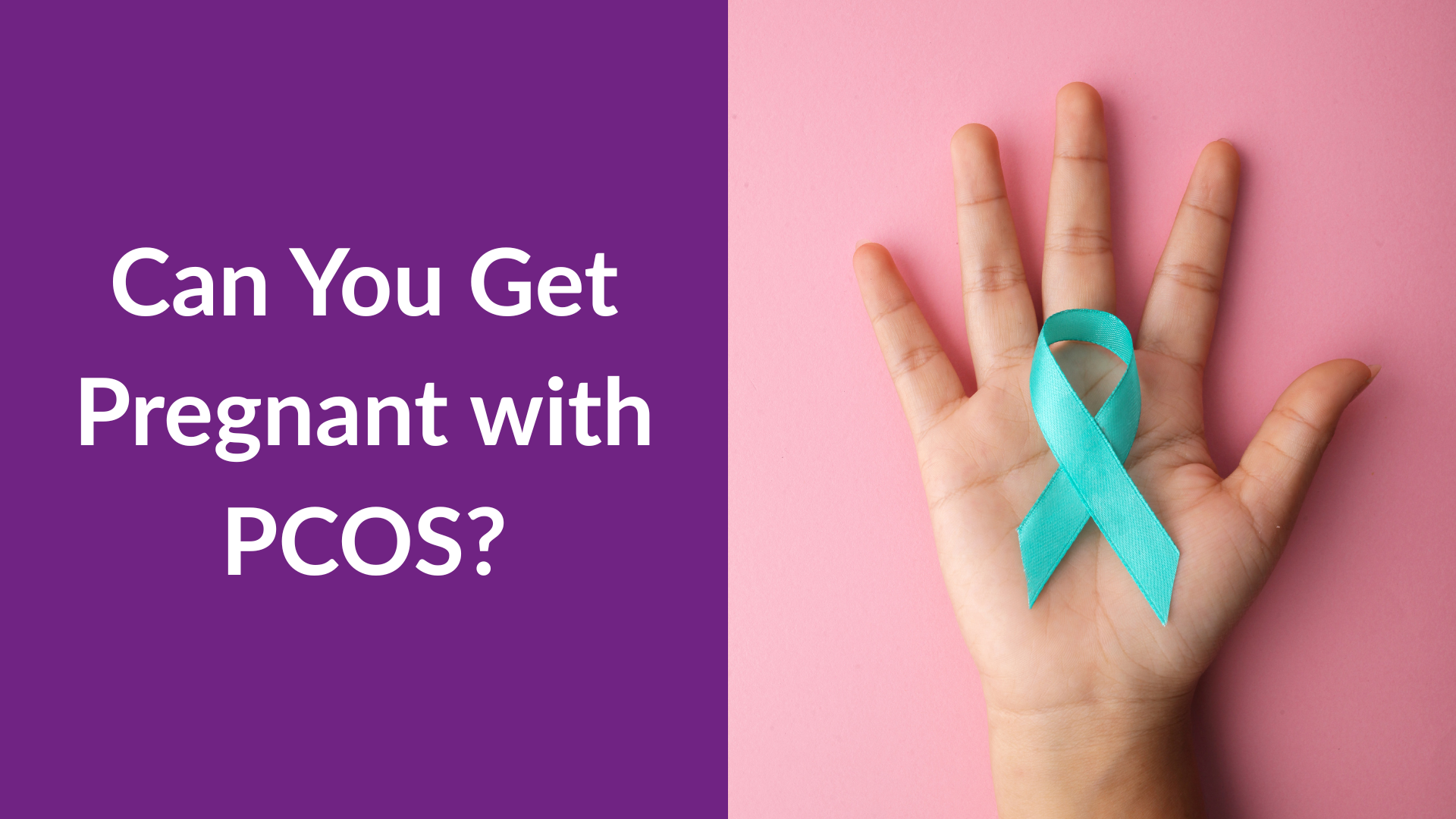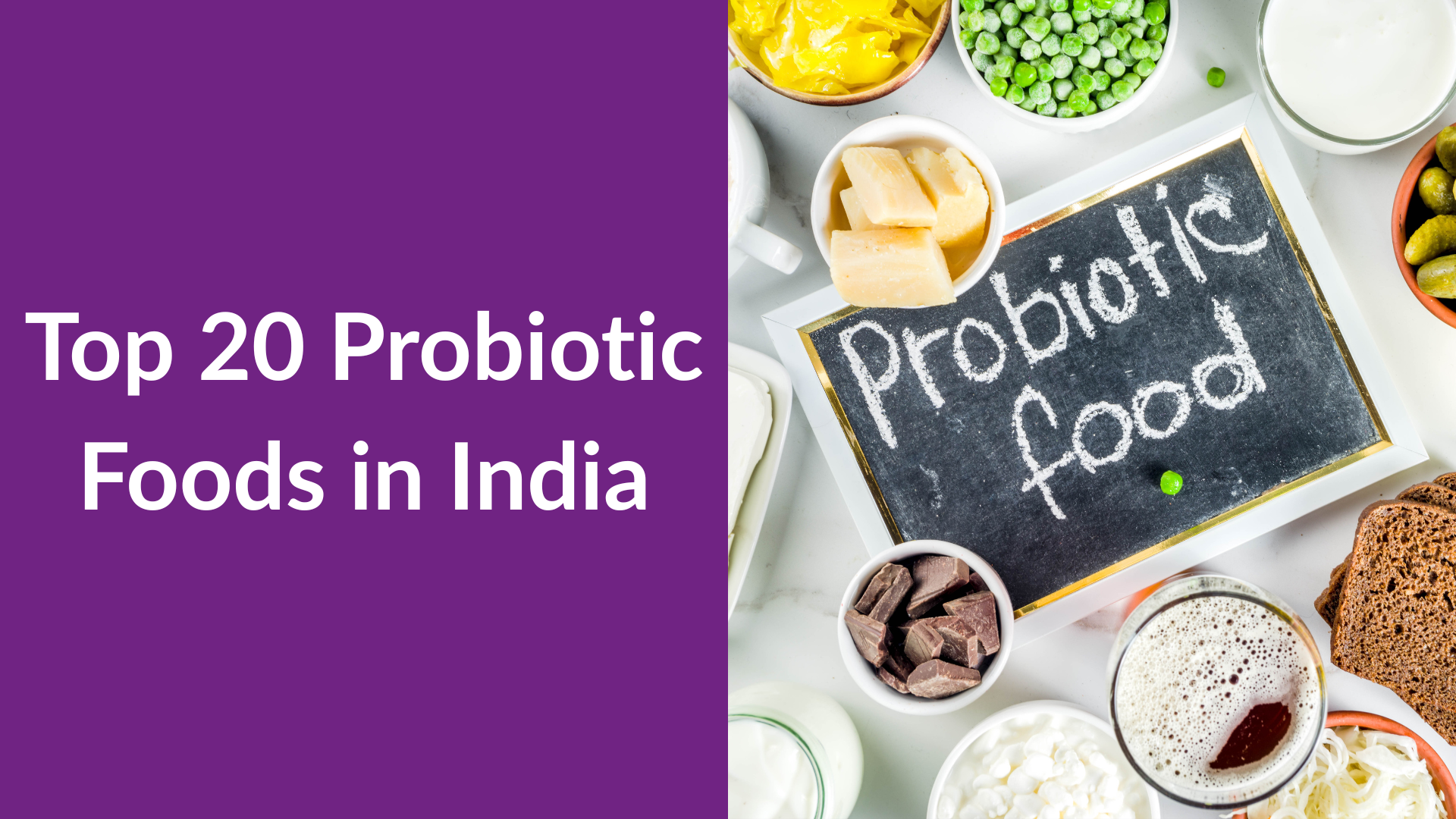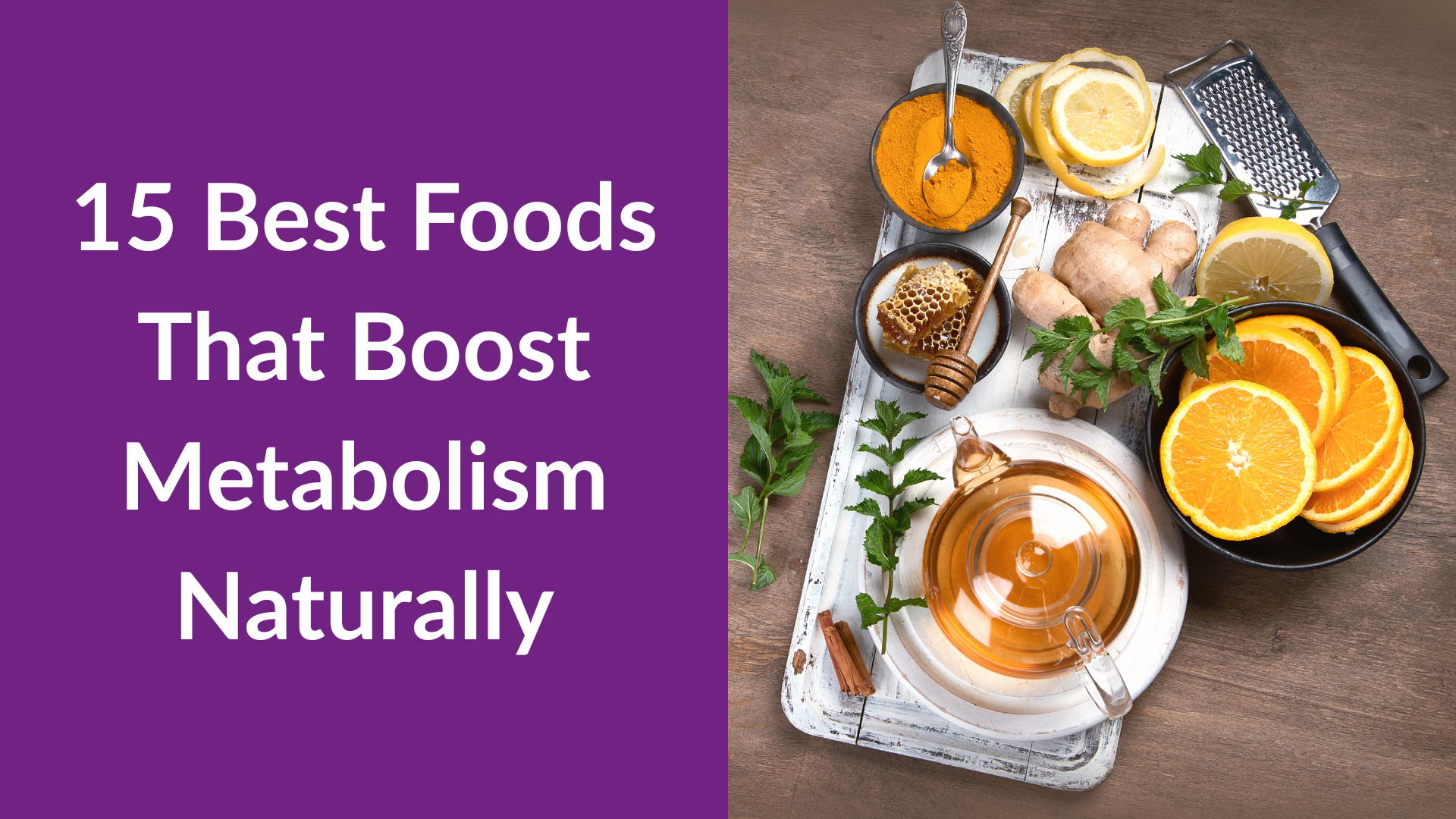What is Polycystic Ovary Syndrome (PCOS)?
Polycystic Ovary Syndrome (PCOS) is a hormonal imbalance that affects up to 10% of women of reproductive age globally. It leads to irregular periods, ovulation problems, and can cause small cysts to form on the ovaries.
Key Symptoms of PCOS


- Irregular or absent periods
- Excess facial or body hair (hirsutism)
- Acne or oily skin
- Thinning scalp hair
- Weight gain or difficulty losing weight
Causes and Risk Factors for PCOS
While the exact cause remains unknown, contributing factors include:
- Genetics (family history)
- Insulin resistance
- Low-grade inflammation
- Lifestyle factors (diet, physical activity)
How PCOS Affects Fertility?
Hormonal Imbalance and Ovulation Issues


High levels of male hormones (androgens) interfere with ovulation, making it harder to predict fertile windows.
Insulin Resistance and Weight Management
About 70% of women with PCOS suffer from insulin resistance, leading to higher risks of infertility and miscarriage if unmanaged.
Impact of Inflammation on Fertility
Chronic low-grade inflammation is linked with higher androgen production, disrupting egg maturation and release.
Can You Get Pregnant Naturally with PCOS?
Chances of Natural Pregnancy: Recent Statistics (2024 Update)


Recent data show that up to 80% of women with PCOS can conceive naturally with the right lifestyle changes and early intervention.
Factors That Improve Natural Conception
- Maintaining a healthy weight (5-10% loss boosts ovulation)
- Eating a balanced, low-GI diet
- Stress reduction techniques
- Regular ovulation tracking
Medical Treatments for PCOS-related Infertility
Fertility Medications: Clomid, Letrozole, and Gonadotropins
- Clomid: First-line therapy to stimulate ovulation.
- Letrozole: Recently shown to have higher success rates than Clomid.
- Gonadotropins: Injectable hormones to induce ovulation.
IVF and IUI: Success Rates and What to Expect
| Treatment | Success Rate in PCOS Women |
| IVF | 35%-45% per cycle |
| IUI | 15%-20% per cycle |
Ovarian Drilling: An Overview
A surgical option to destroy androgen-producing tissue in the ovaries; often used if medications fail.
Lifestyle Changes to Boost Pregnancy Chances
Importance of Weight Loss and Exercise
Losing just 5% of body weight can restore normal ovulation and brisk walking, strength training, yoga can significantly improve fertility.
Best Diet for PCOS Fertility


| Food | Benefits |
| Leafy Greens | Rich in folate |
| Berries | Antioxidants to fight inflammation |
| Salmon | Omega-3 fatty acids |
| Whole grains | Stabilize blood sugar |
| Lentils | High protein and fiber |
Managing Stress and Mental Health
Stress management through meditation, therapy, and hobbies can regulate cortisol levels, improving hormonal balance.
Latest Research and Statistics on PCOS and Fertility (2024 Data)
Global Prevalence of PCOS in Reproductive Women
- Australia: 15%
- United States: 12%
- India: 18%
IVF Success Rates in Women with PCOS (New Study Insights)
A 2024 study by Monash University showed that women with PCOS who maintained a BMI <25 had a 48% IVF success rate, compared to 30% in those with BMI >30.
Common Myths About PCOS and Pregnancy
Myth 1: Women with PCOS Can Never Get Pregnant
False! Many women conceive naturally or with minimal medical help.
Myth 2: Only IVF Works for PCOS Patients
Wrong! Many cases respond well to ovulation-stimulating medications without the need for IVF.
Conclusion: Your Journey Toward Parenthood with PCOS
Yes, you can get pregnant with PCOS! While it may pose challenges, it is absolutely possible through a combination of healthy lifestyle choices, medical treatments, and stress management.
With advancements in reproductive medicine and stronger awareness, your dream of holding a positive pregnancy test is closer than ever.




